It's found exclusively in your gastrointestinal tract but has far-reaching effects on nearly every aspect of your health and well-being…What is it? Yep. It’s the gut microbiome. Well, OK, we know the title is a dead giveaway—so if you’re looking for a challenge, try these questions:
- What health conditions have been linked with an “unhealthy” gut? Be specific (e.g., cardiovascular disease).
- Do prebiotics and probiotics truly live up to their hype?
But, um, unfortunately, we’re not psychics, so you’ll have to cross-check your responses with the rest of this article. Translation: keep reading!
What’s the gut microbiome?
Of course, feel free to skip ahead if you already know this.
But for those looking for a refresher, the gut microbiome refers to the trillions of microorganisms (including bacteria, fungi, parasites, and viruses) found in your digestive system, with the largest numbers concentrated in your small and large intestines.
- Symbiotic (i.e., exist in a way that mutually benefits you and the microbiota), or
- Pathogenic (i.e., disease-promoting)
Your body typically maintains a balance between the symbiotic ("good") and pathogenic ("bad") microbiota. However, it's a delicate balancing act that can be disrupted by infectious diseases, certain diets, or the prolonged use of antibiotics, amongst other factors.
This imbalance between “good” and “bad” gut microbes is also known as “gut dysbiosis.”
Gut dysbiosis’ many physical and mental health effects
And what are the health effects of gut dysbiosis?
- Digestive conditions: First, let’s start with the most obvious. Research has linked an imbalance of the normal gut microbiota with several gastrointestinal conditions, including inflammatory bowel disease (IBD)—of which there are two forms: Crohn’s disease and ulcerative colitis—and irritable bowel syndrome (IBS).
- Immunity: Research shows that gut microbiome composition can influence the body’s production of various immune cells, including regulatory T cells (Tregs). Given this, it isn’t surprising to learn that there’s a growing body of evidence hinting at gut microbiota's involvement in the initiation and the worsening of auto-immune diseases, such as rheumatoid arthritis (RA), systemic lupus erythematosus (SLE), and spondyloarthritis (SpA).
- Chronic conditions: According to a 2021 scientific review published in the European Journal of Clinical Nutrition, gut dysbiosis may contribute to several metabolic disorders, including type 1 and type 2 diabetes, chronic liver disease, and cardiovascular disease.
- Brain health: Did you know that your gut makes 95% of your body's serotonin (often called the "feel good" neurotransmitter)—not your brain? So, in the short term, poor gut health could impact your mood and pave the way to several psychological disorders—including major depression, bipolar disorder, and schizophrenia. New scientific discoveries have also begun to link gut health with Alzheimer’s disease, the most common form of dementia globally.
Do prebiotics and probiotics really help?
Before answering that, some definitions of prebiotics and probiotics will help:
- What are prebiotics? Prebiotics are indigestible plant fibers that occur naturally in many vegetables (e.g., asparagus and garlic), fruits (e.g., banana and apple), and whole grains (whole wheat and whole oat).
- What are probiotics? Probiotics are live bacteria and yeasts found naturally in foods such as kimchi, yogurt, sauerkraut, miso, and kefir. You can think of these as “good” microbes.
It's easy to see how probiotics benefit gut health: they essentially "top up" your tank of "good" microbes—potentially crowding out unwanted and harmful ones in your gut microbiome and nudging you back to a happy, healthy, balanced gut.
But what about prebiotics? They’re indigestible. So, how are they supposed to promote gut health?
As it turns out, while you cannot break these plant fibers into simple sugars (i.e., glucose, fructose, and galactose), the "good" microbes in your gut can.
More specifically, these symbiotic microbes are known to metabolize and ferment prebiotics for energy. Prebiotics nourish and promote the growth of "good" gut microbes by serving as a food source, potentially restoring the equilibrium between your symbiotic and pathogenic gut microbiota.
There’s no actual need for supplements
Yes, plenty of research backs the effectiveness of prebiotics and probiotics in supporting optimal gut health.
But that doesn’t mean you must spend extra money on probiotic and prebiotic supplements. In actuality, you can get the prebiotics and probiotics your gut health needs by eating a diet that:
- Consists of a diverse range of foods
- Prioritizes minimally processed foods, like whole grains and fiber-rich fruits and vegetables
- Contains fermented foods





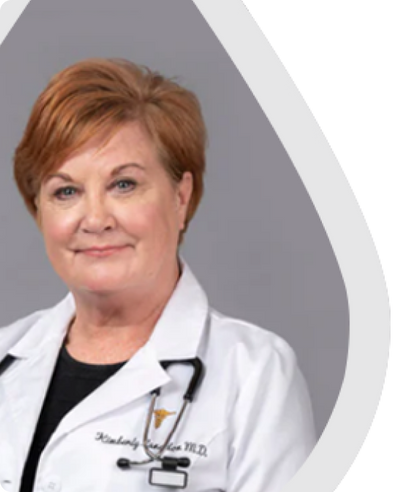
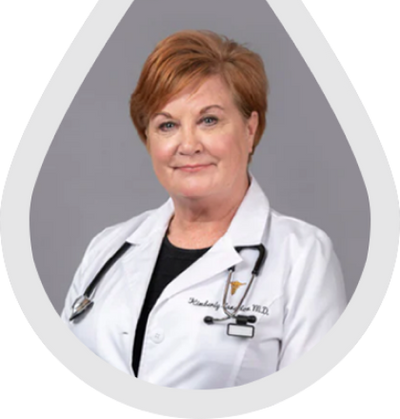

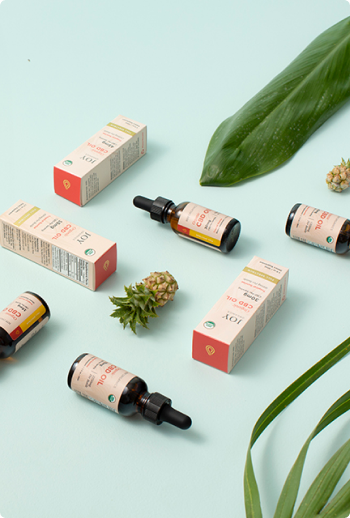
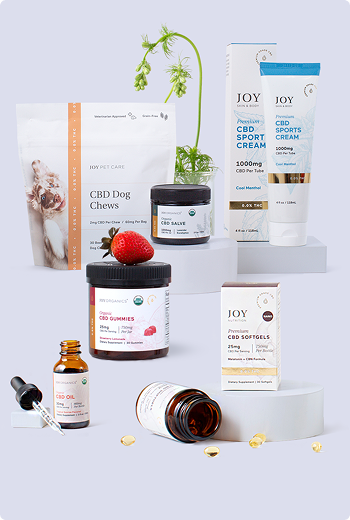
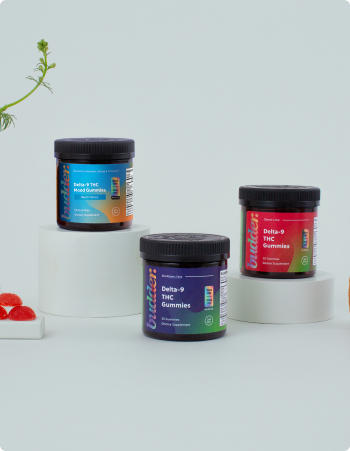













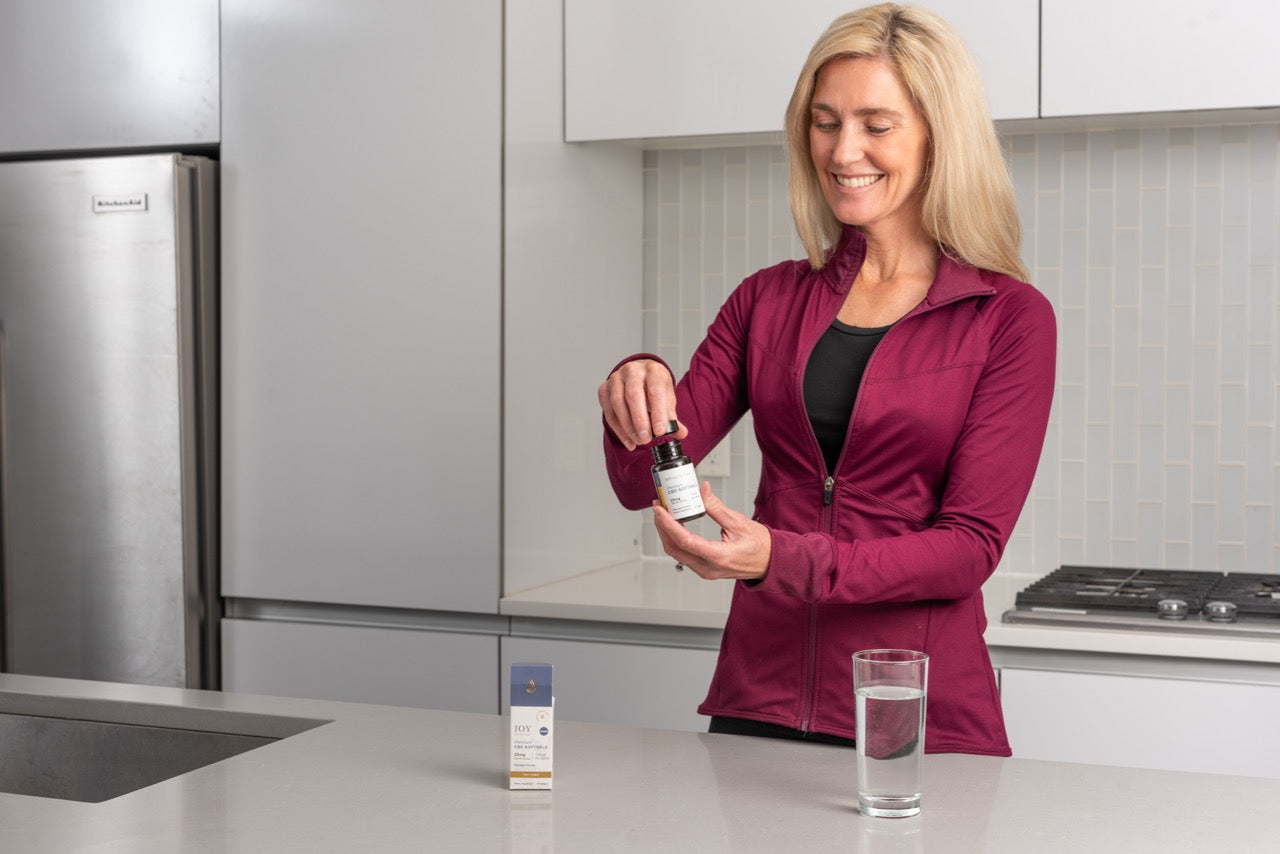




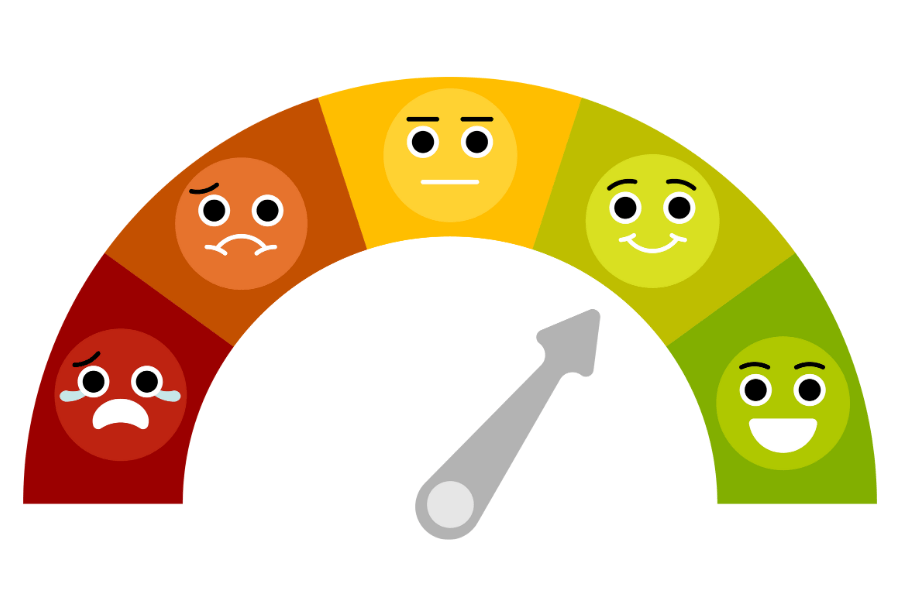
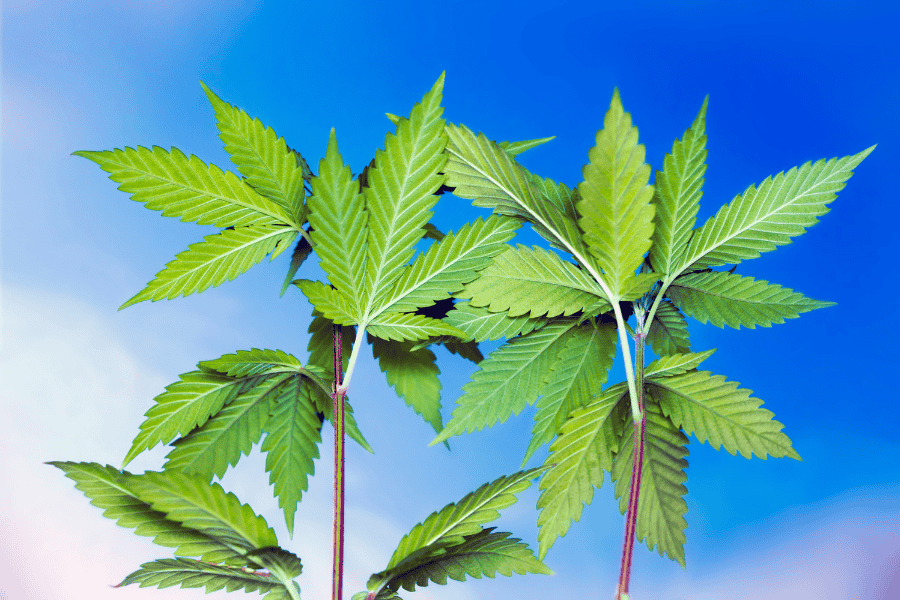


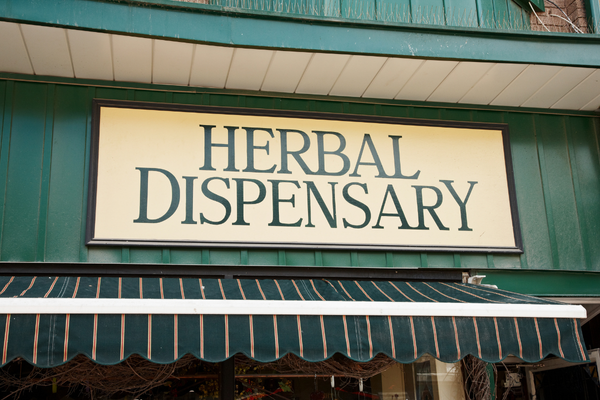



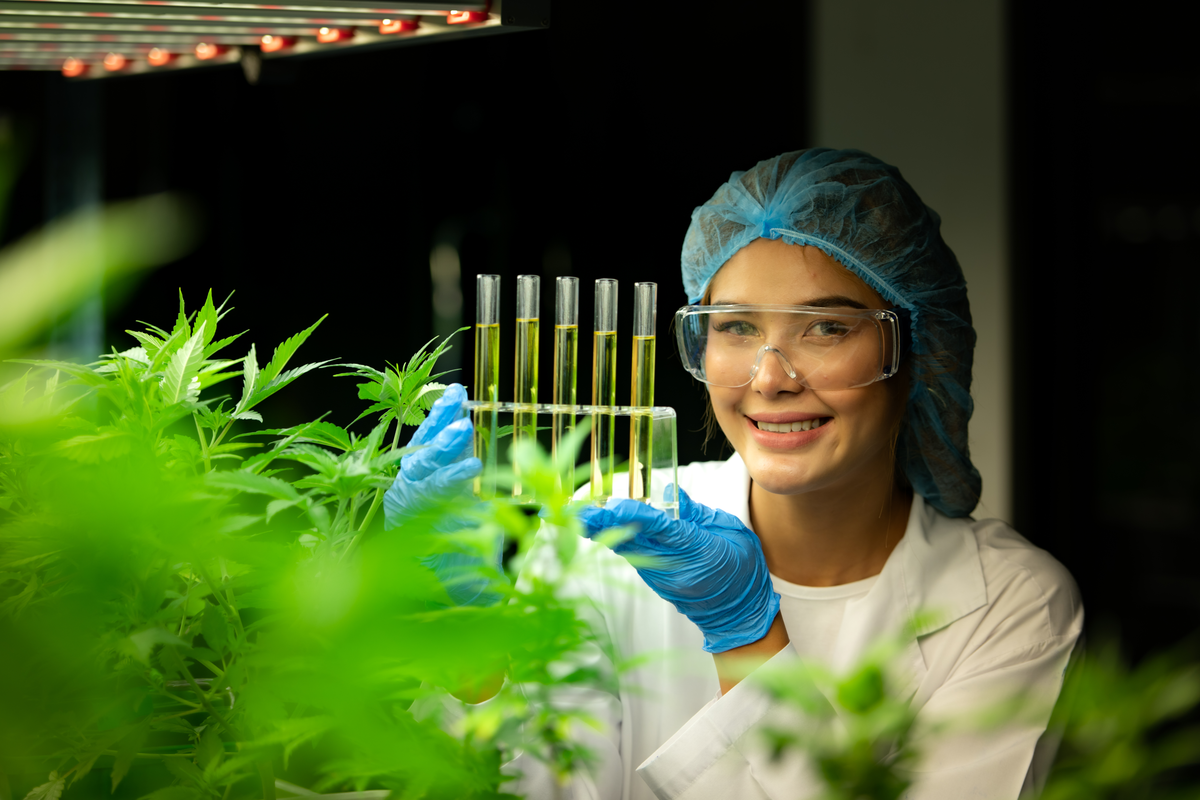

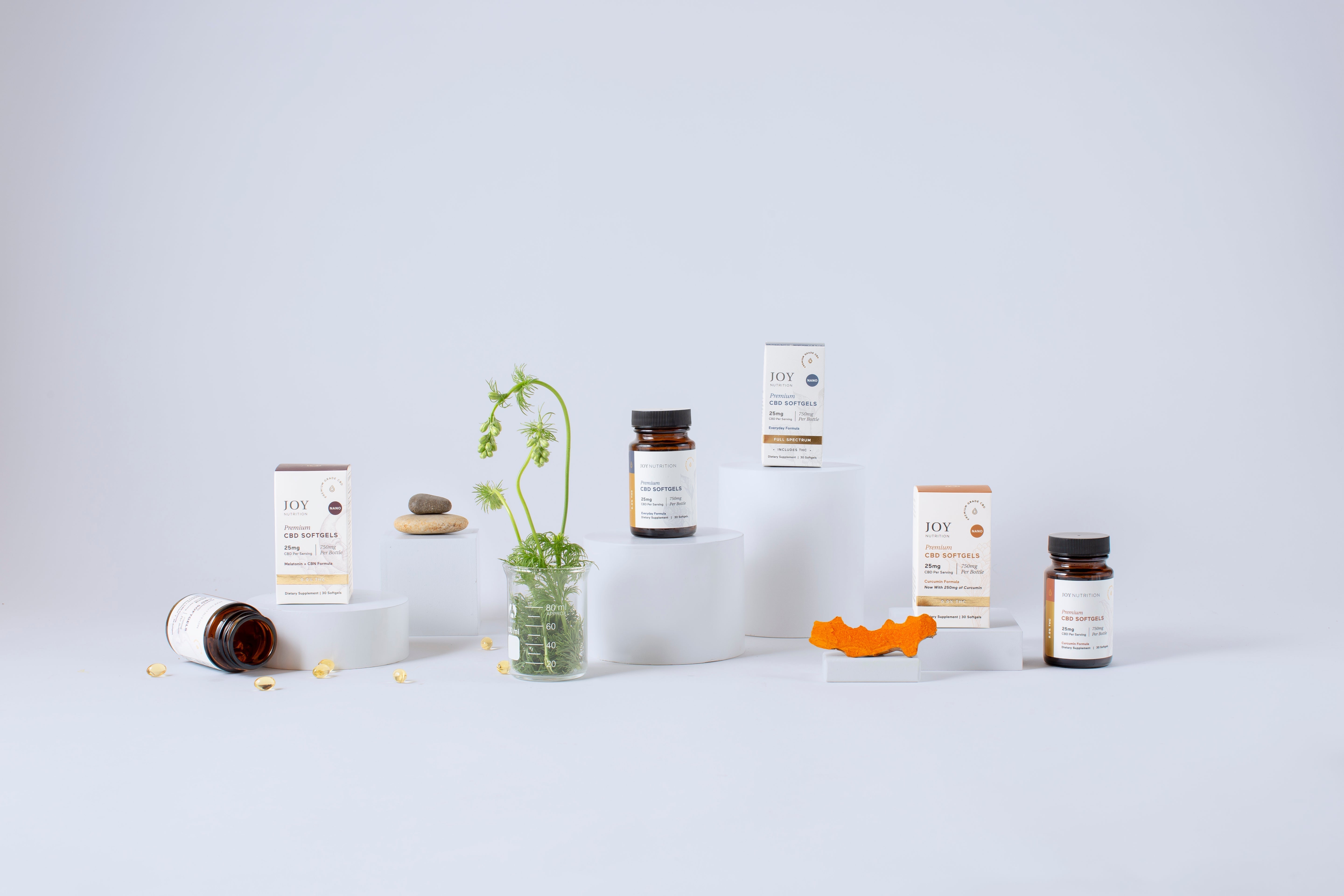
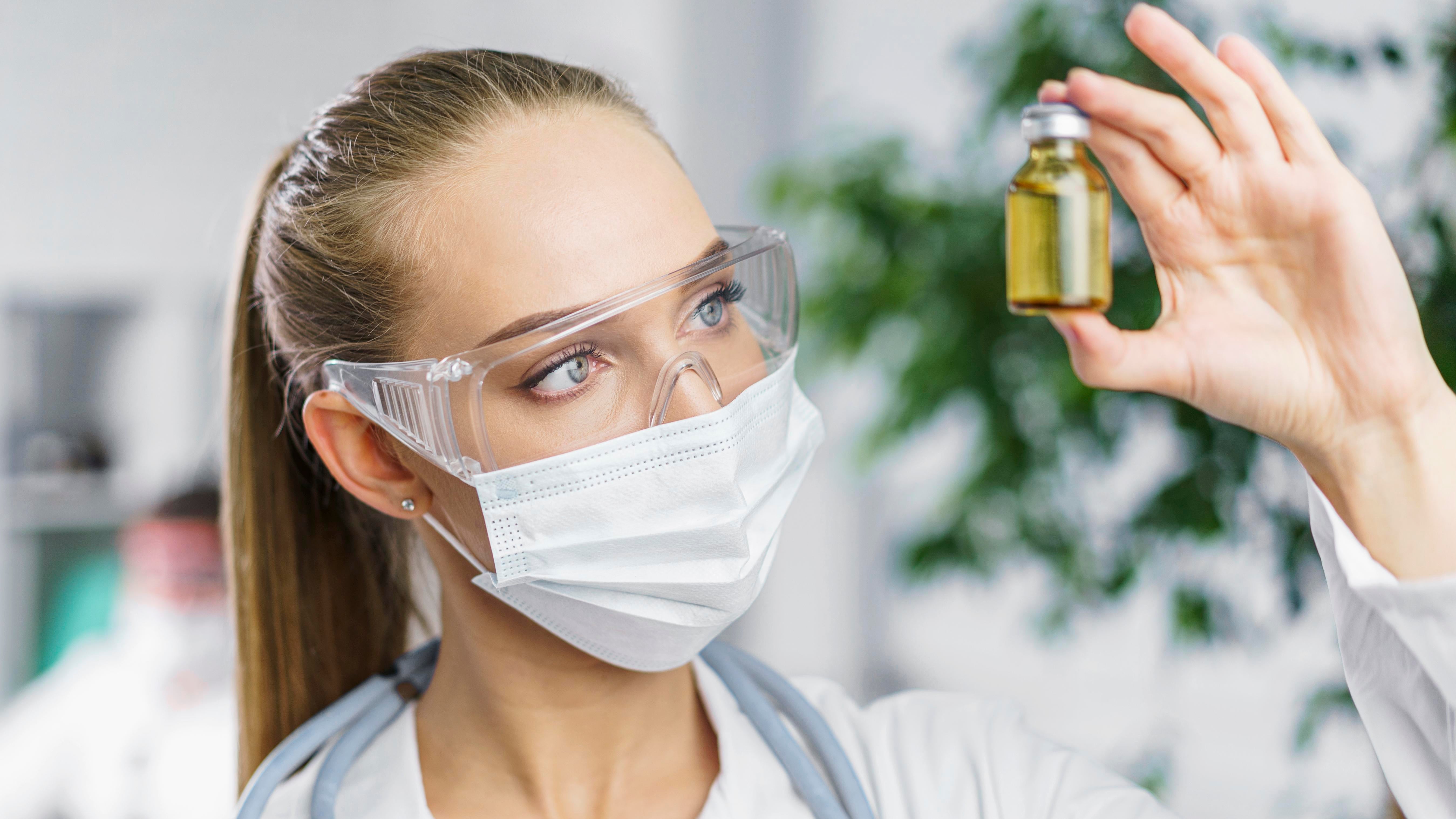


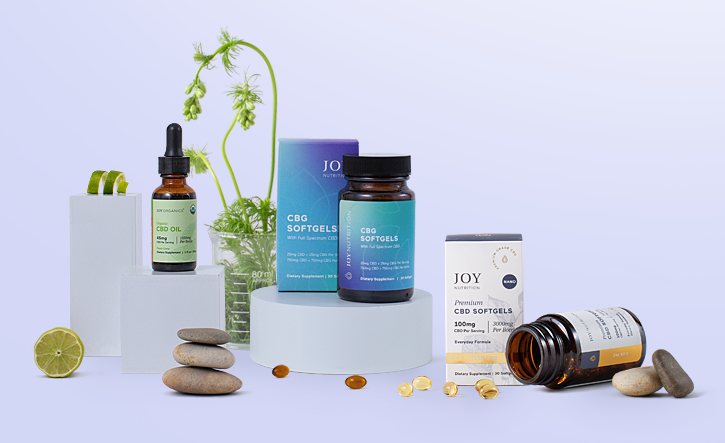


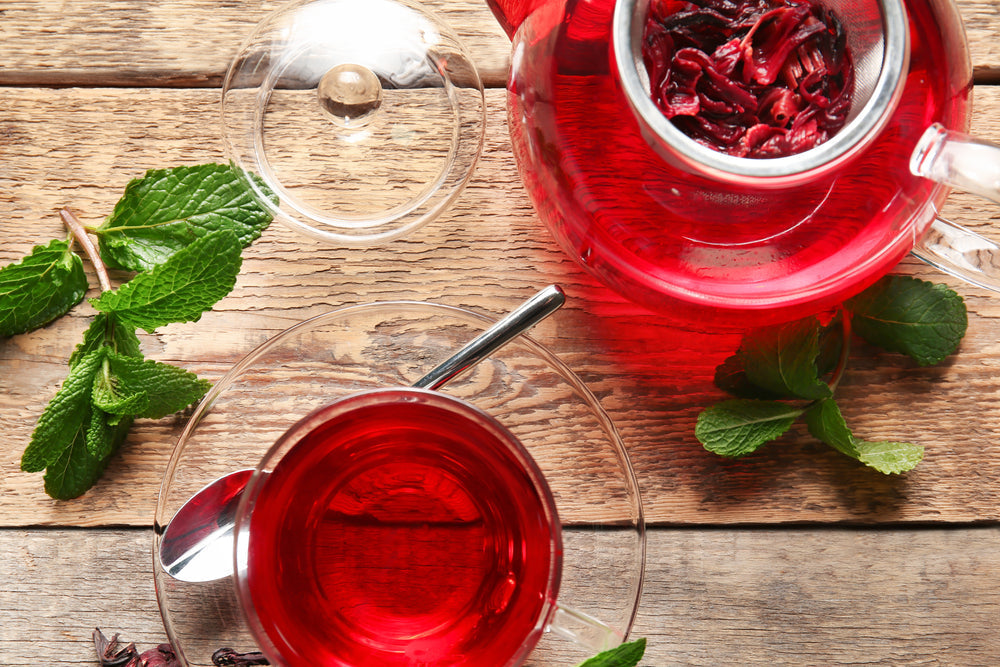


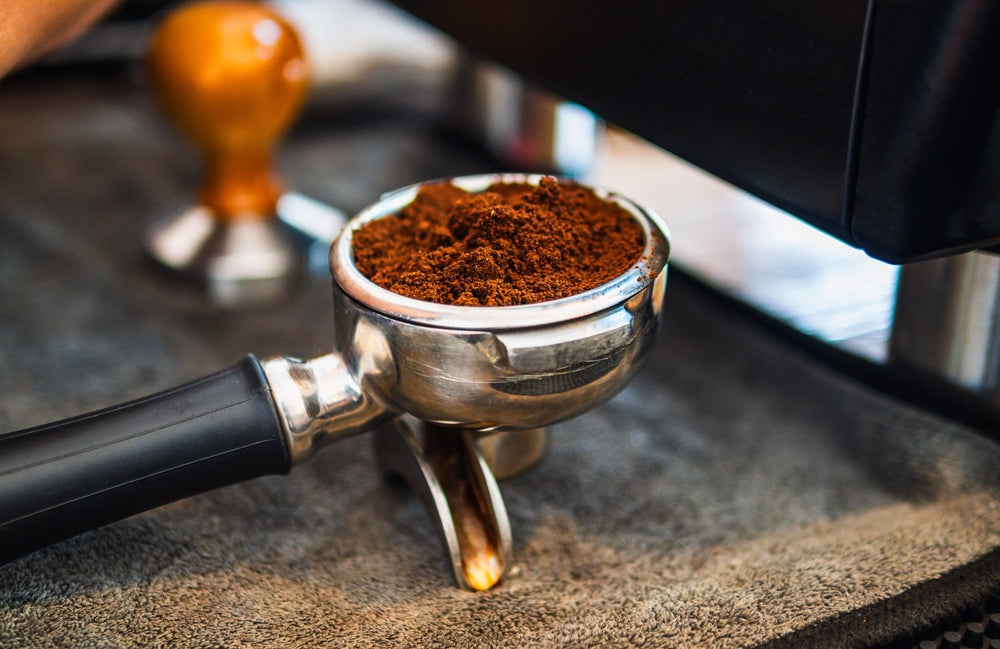

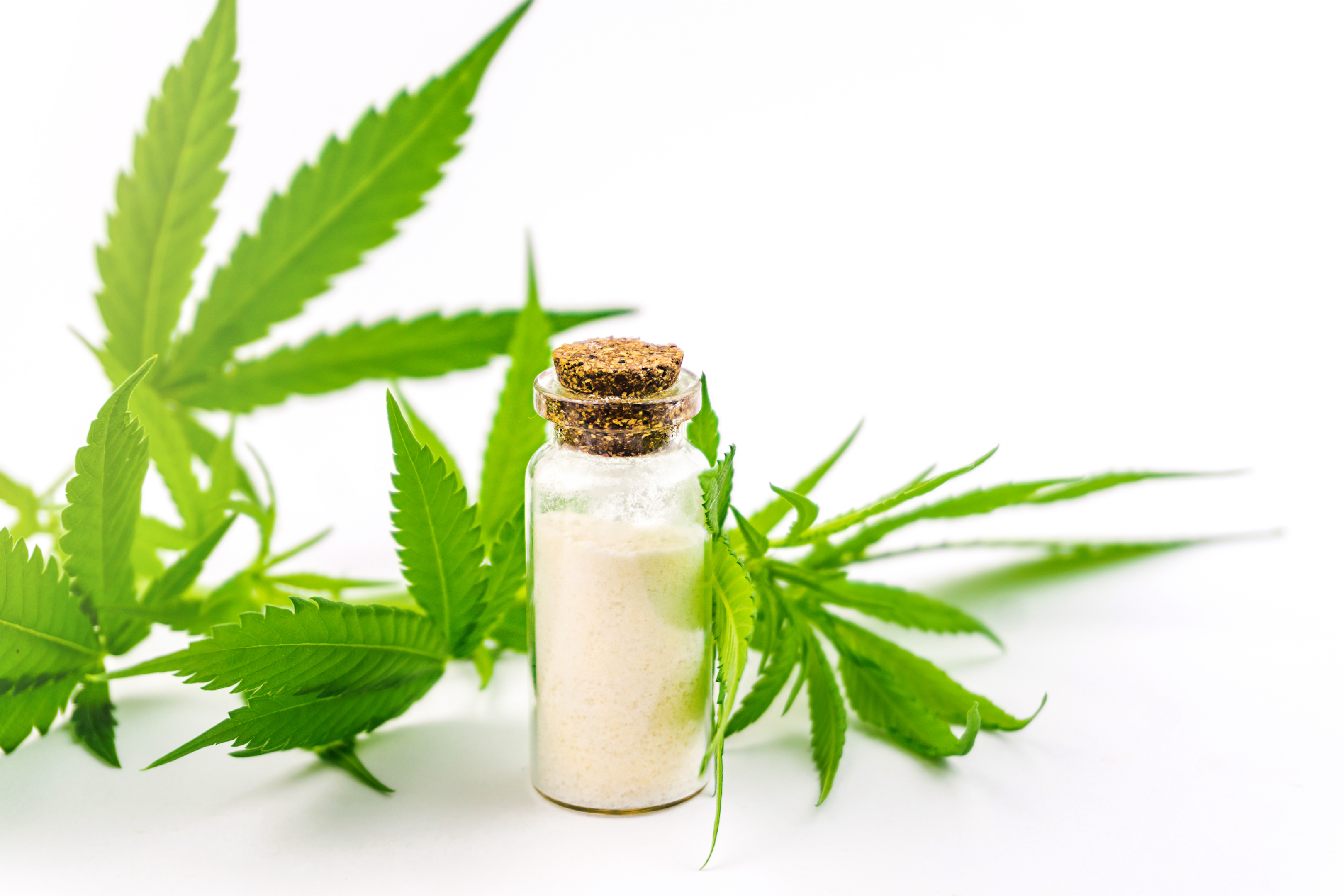
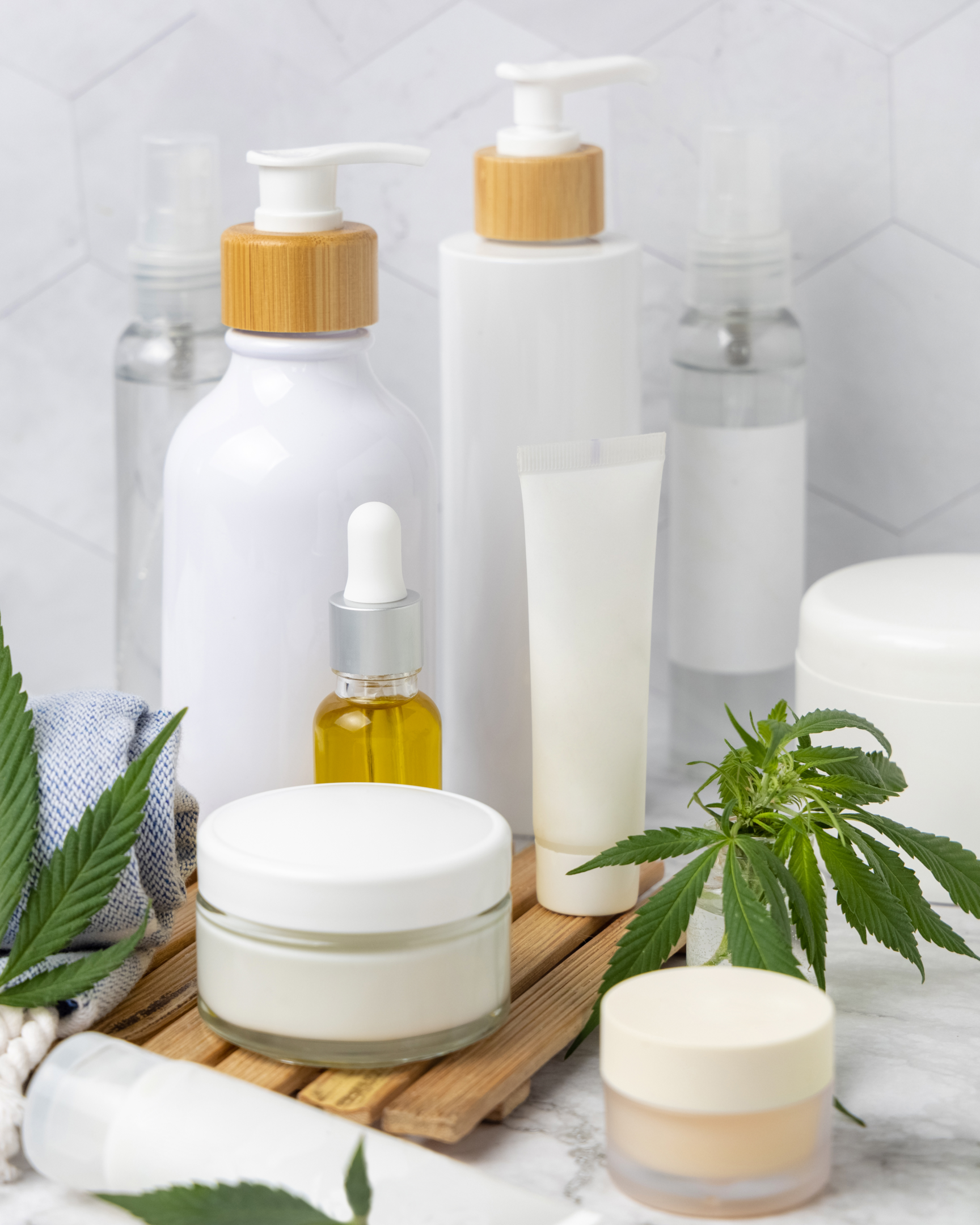
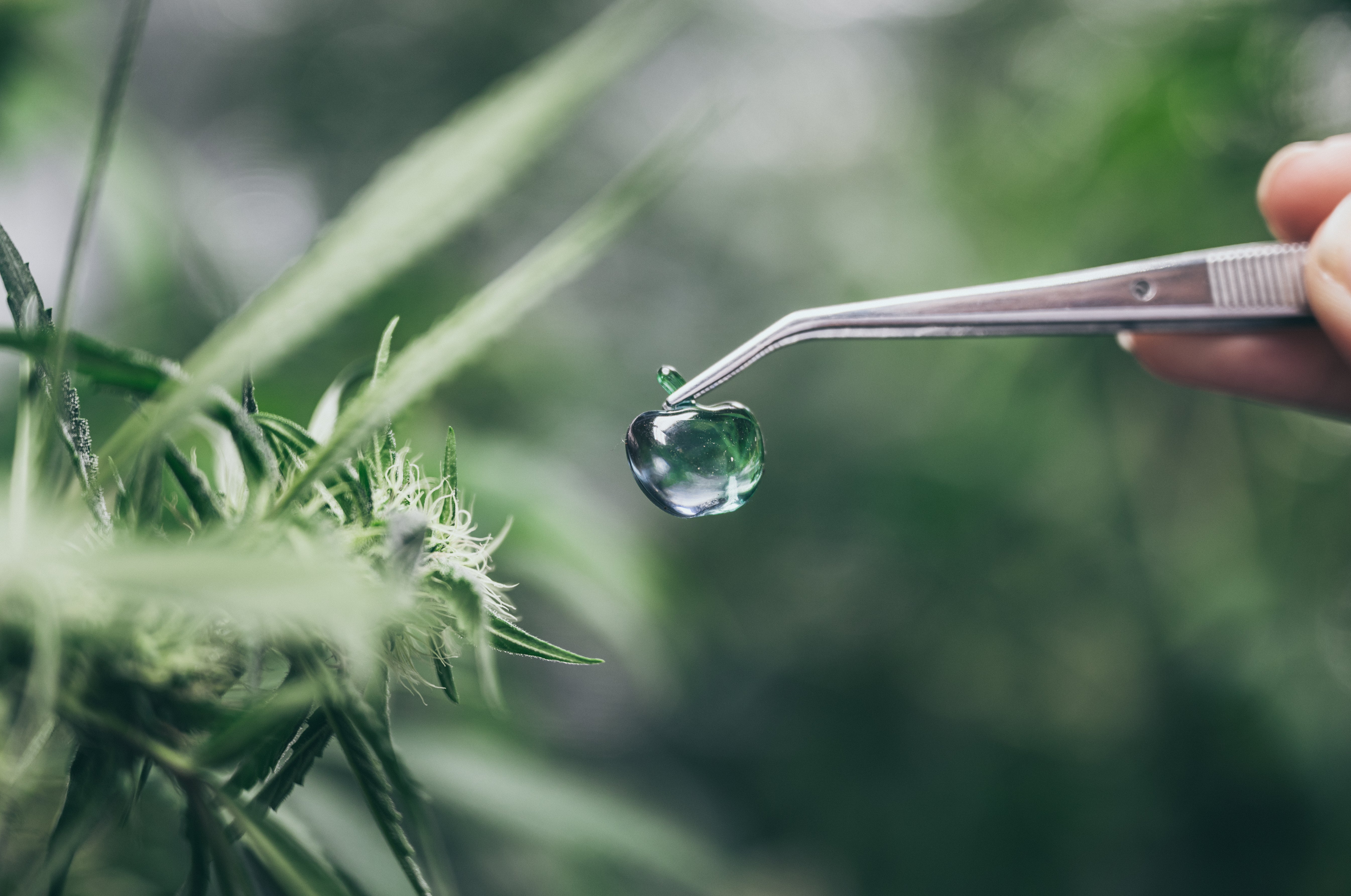
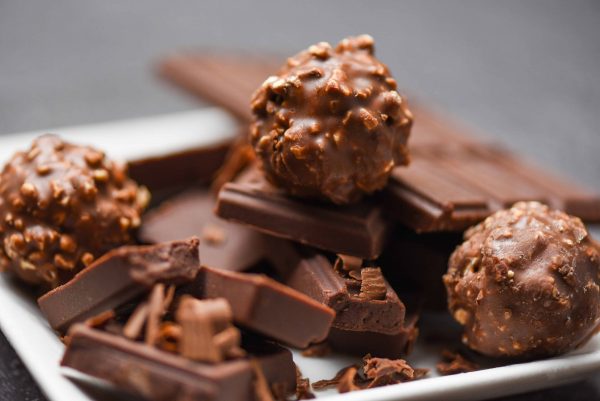
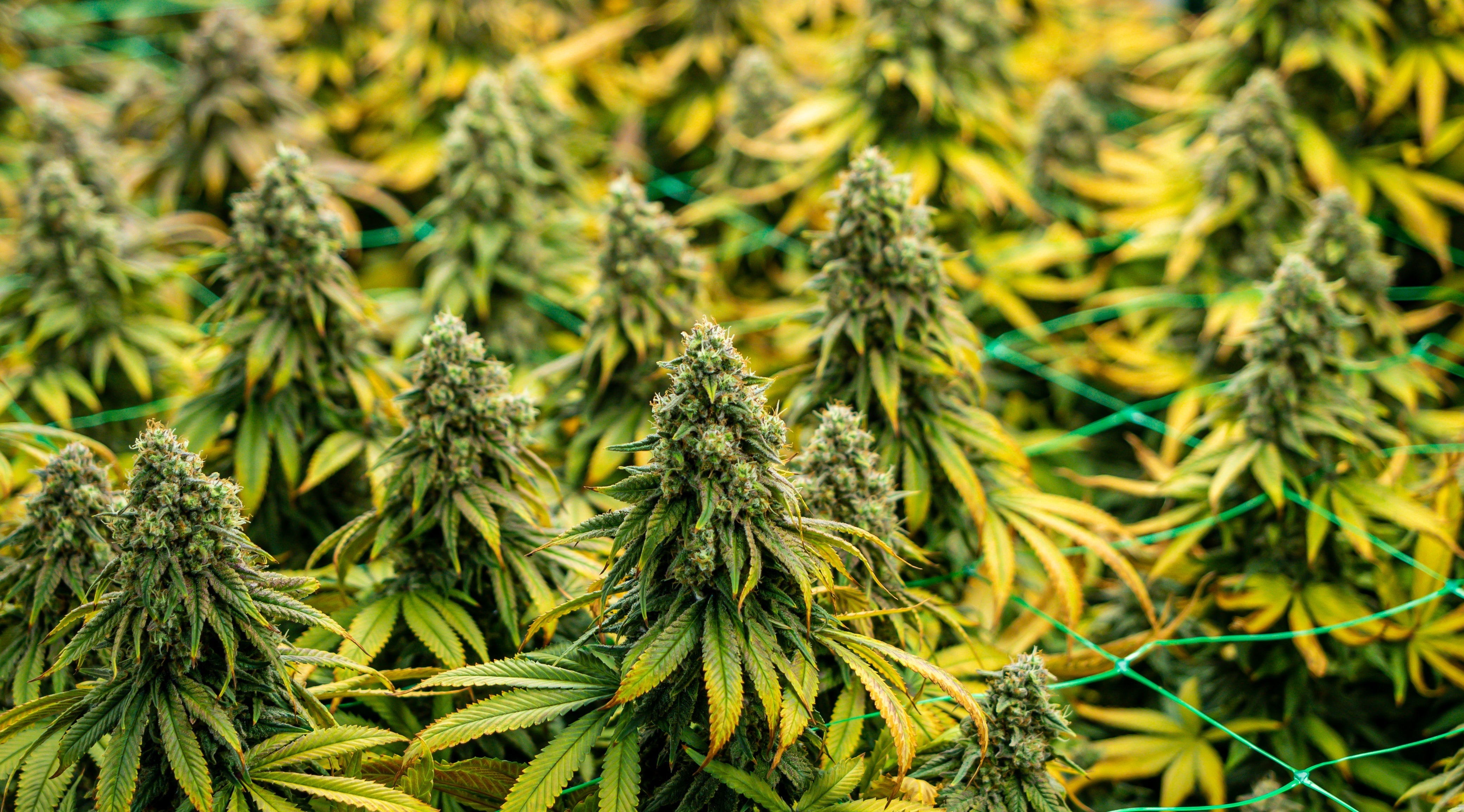
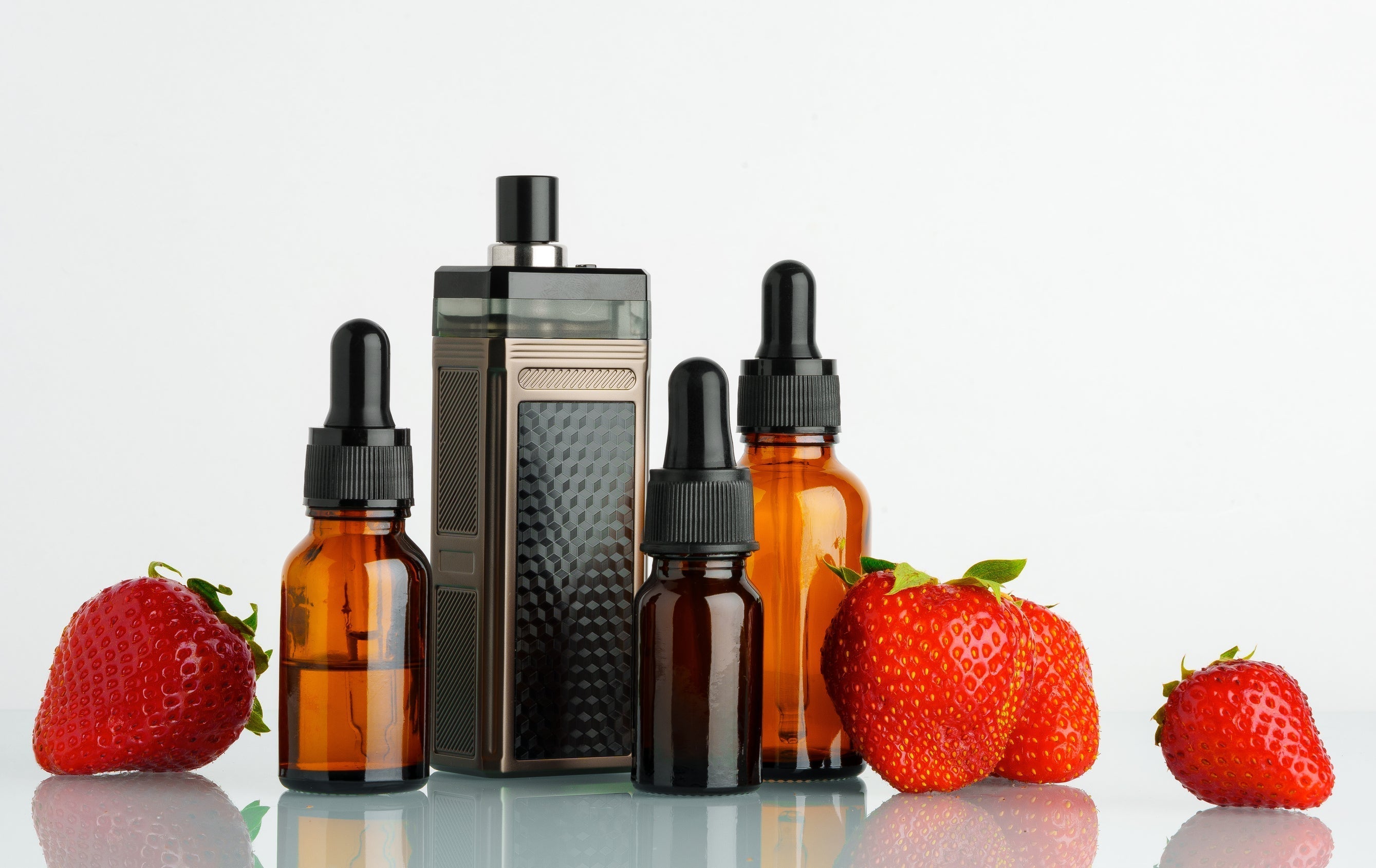

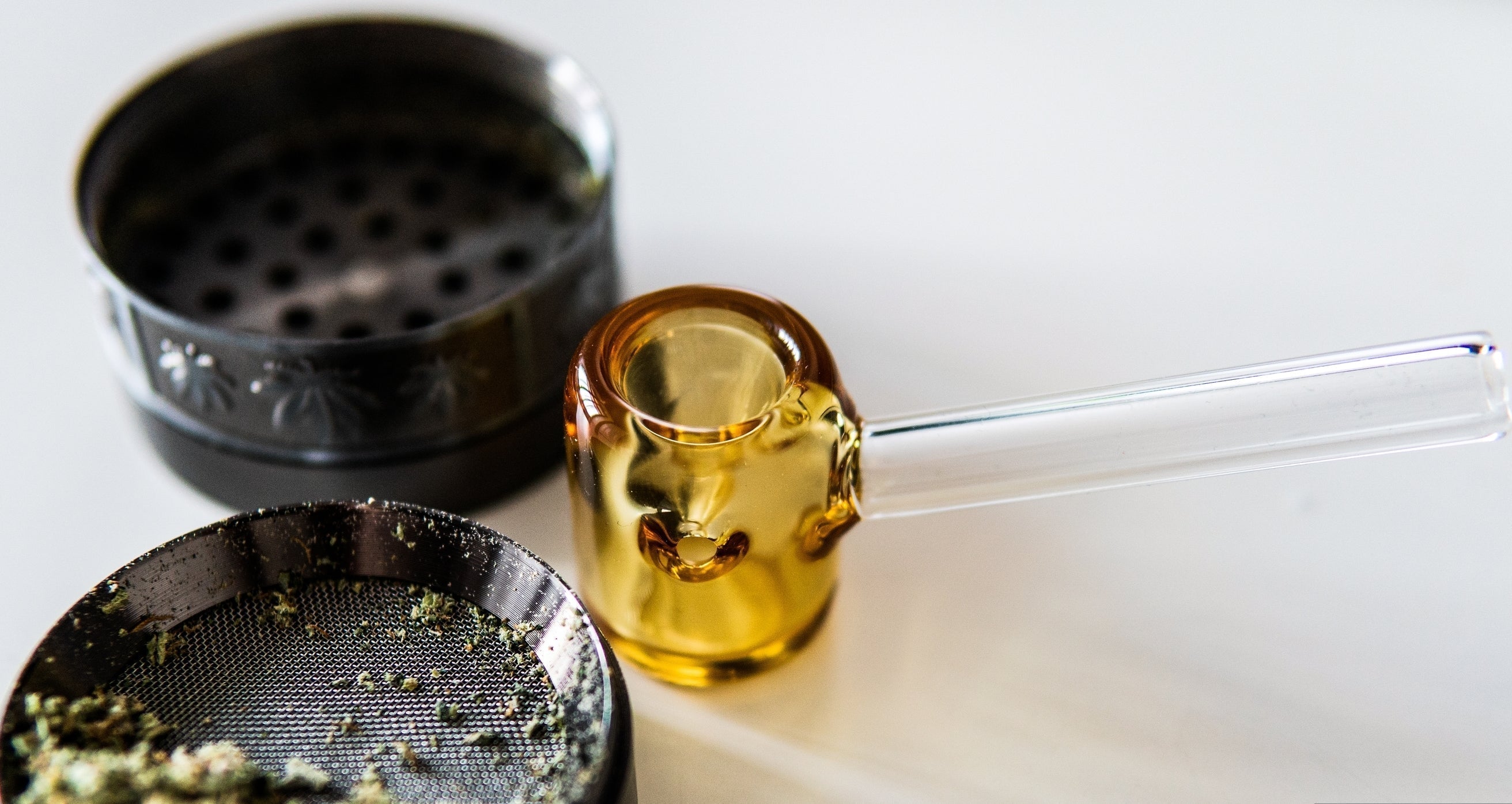
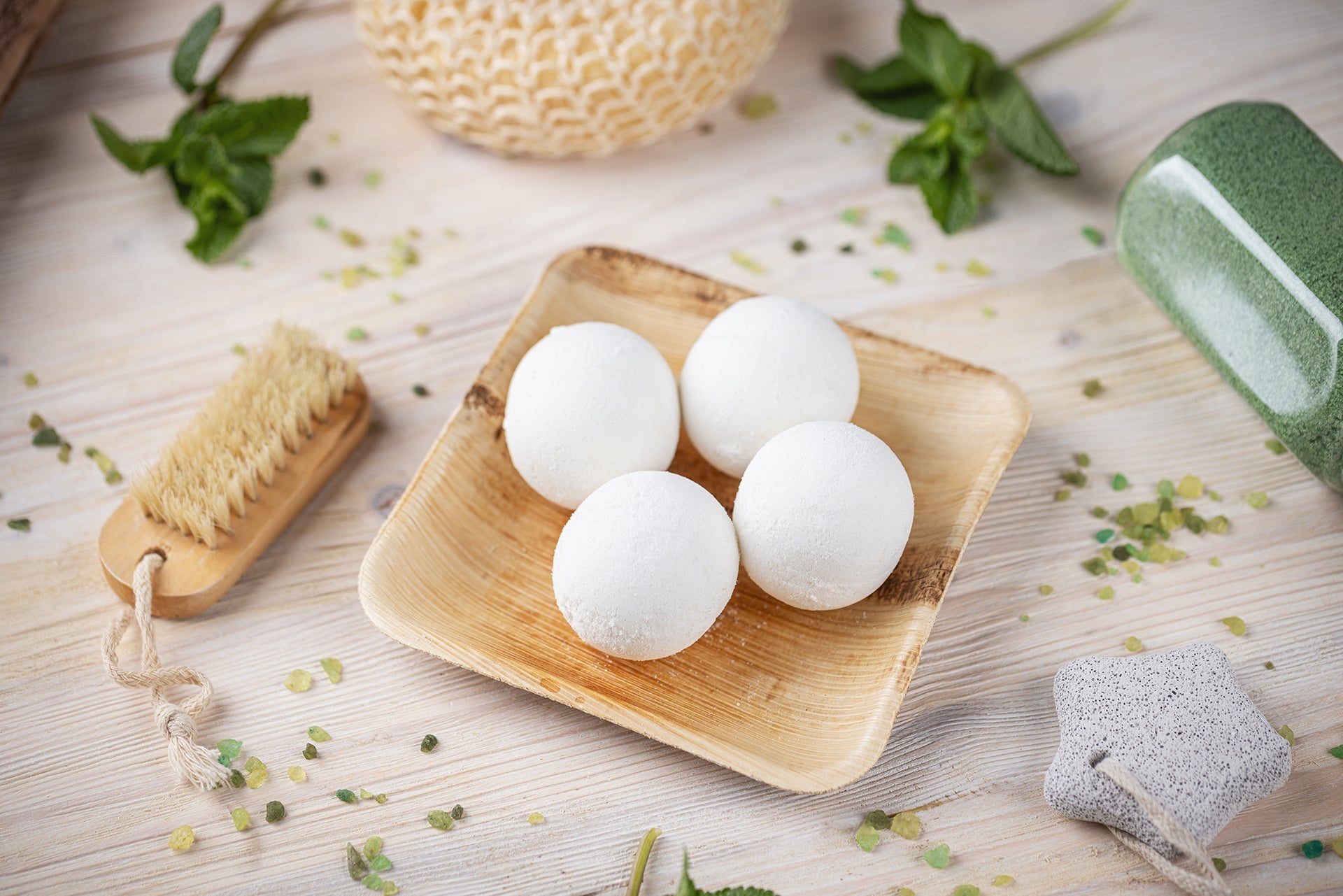
Join in on the Conversation
Your email address will not be published. Once your comment is approved, it will be published.